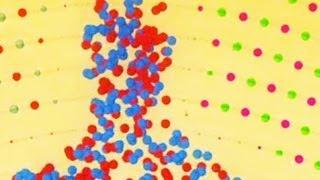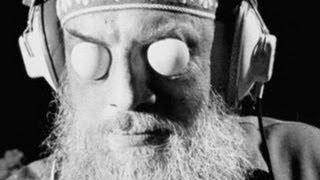Time Travel, Teleportation & Science
Time travel is the concept of moving between different points in time in a manner analogous to moving between different points in space, generally using a theoretical invention, namely a time machine. It has a commonly recognized place in philosophy and fiction, but has a very limited application in real world physics, such as in quantum mechanics or wormholes.
Although the 1895 novel The Time Machine by H. G. Wells was instrumental in moving the concept of time travel to the forefront of the public imagination, The Clock That Went Backward by Edward Page Mitchell was published in 1881 and involves a clock that allowed three men to travel backwards in time.[1][2] Non-technological forms of time travel had appeared in a number of earlier stories such as Charles Dickens' A Christmas Carol. Historically, the concept dates back to the early mythologies of Hinduism (such as the Mahabharata), Buddhism, and Islam through ancient folk tales. More recently, with advancing technology and a greater scientific understanding of the universe, the plausibility of time travel has been explored in greater detail by science fiction writers, philosophers, and physicists.
Teleportation, or Teletransportation, is the theoretical transfer of matter or energy from one point to another without traversing the physical space between them. It has a commonly recognized place in science fiction literature, film, and television, but as yet has a very limited application in real world physics, such as quantum teleportation or the study of wormholes.
Science (from Latin scientia, meaning "knowledge") is a systematic enterprise that builds and organizes knowledge in the form of testable explanations and predictions about the universe. In an older and closely related meaning, "science" also refers to a body of knowledge itself, of the type that can be rationally explained and reliably applied. A practitioner of science is known as a scientist.
In modern usage, "science" most often refers to a way of pursuing knowledge, not only the knowledge itself. It is also often restricted to those branches of study that seek to explain the phenomena of the material universe.
Source : Wikipedia
-
03:44
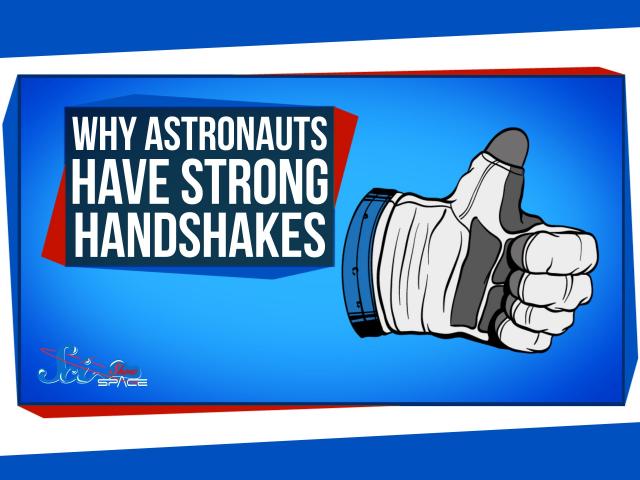
Why Astronauts Have Strong Handshakes
Added 545 Views / 0 LikesWhy Astronauts Have Strong Handshakes
-
05:45
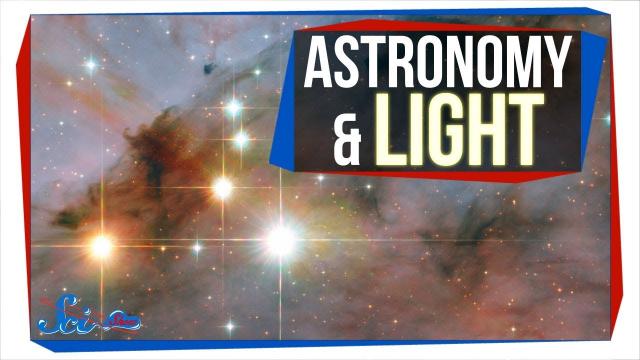
Why Astronomy Hasn't Really Changed Since the 1900s
Added 435 Views / 0 LikesThe way modern researchers study the sky hasn’t really changed in the last few centuries. For the most part, astronomers still study things by analyzing their light.Host: Reid ReimersSciShow has a spinoff podcast! It's called SciShow Tangents. Check it ou
-
03:30
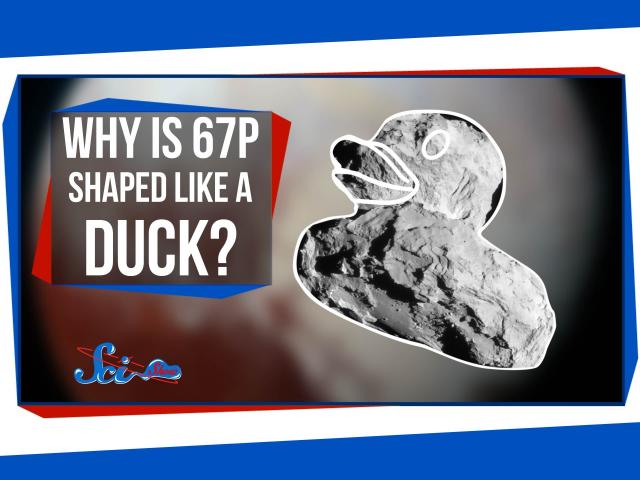
Why Comet 67P Is Shaped Like a Duck, and New Pluto Photos!
Added 699 Views / 0 LikesWhy Comet 67P Is Shaped Like a Duck, and New Pluto Photos!
-
06:08
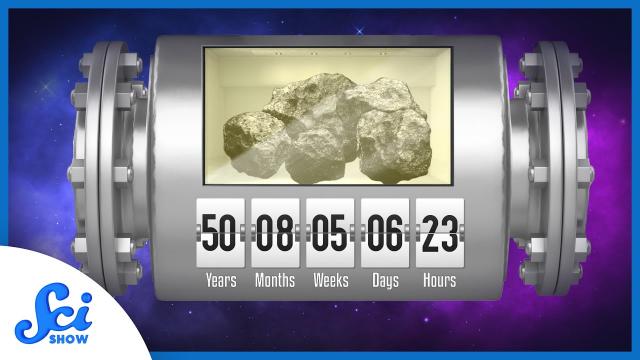
Why Did We Keep Sealed Moon Samples?
Added 223 Views / 0 LikesOur friends at MinuteEarth just released a new book! To check out “How Did Whales Get So Big?” head to: https://www.minuteearth.com/books/We’ve been sitting on samples of the lunar surface for decades and, with better technology than when they were taken,
-
01:01

Why Did Yankee Doodle Call This Macaroni??
Added 83 Views / 0 Likes#macaroni #usa #America #history #song #Yankee #yankeedoodle #England #British #fashion #joke #humor #fancy #feather #extra #fierce
-
05:58
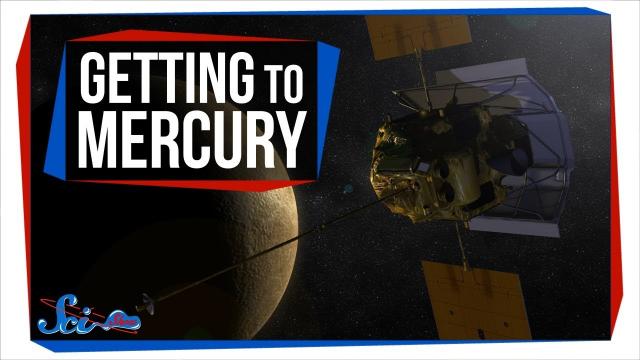
Why Does It Take So Long to Get to Mercury?
Added 396 Views / 0 LikesOn a cosmic scale, Mercury isn’t very far away, but it's incredibly hard to get there. Getting into orbit around it takes years of flybys in the solar system, but we're going to do it again!Hosted by: Reid ReimersSciShow has a spinoff podcast! It's called
-
14:17
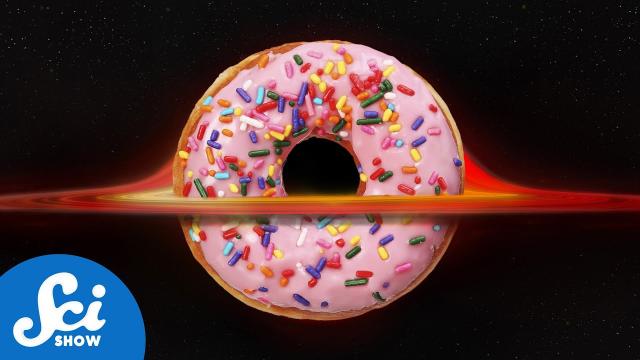
Why Does Physics Love Donuts? | Compilation
Added 248 Views / 0 LikesUnfortunately, the universe isn't made of sugarcoated fried dough. However, here are a few ways donuts are still managing to find their way into the physical world.Hosted by: Savannah Geary (they/them)----------Huge thanks go to the following Patreon supp
-
05:42
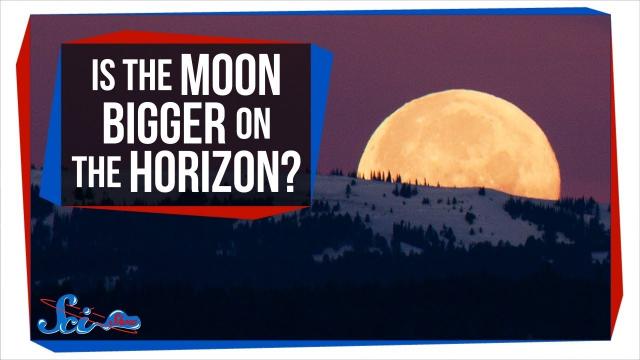
Why Does the Moon Look Bigger on the Horizon?
Added 526 Views / 0 LikesThe full moon might seem bigger on the horizon than when it's higher up, but when does it actually take up more space in the sky?Hosted by: Reid ReimersFor special, curated artifacts of this universe, check out https://scishowfinds.com/----------Support S






